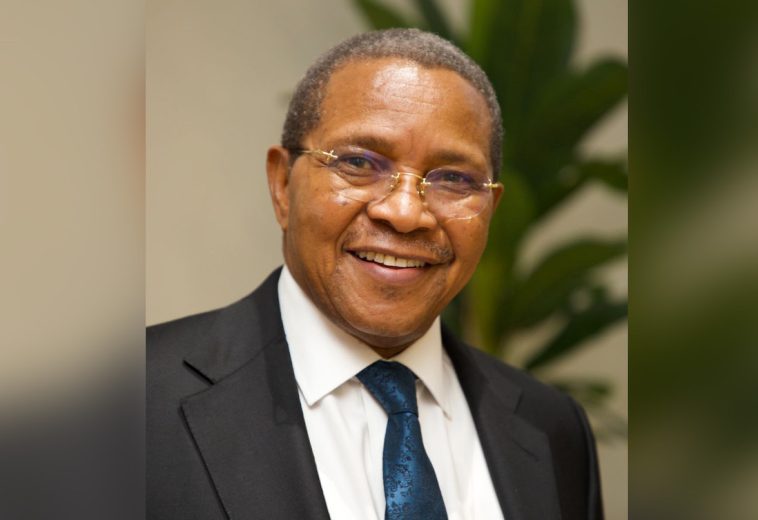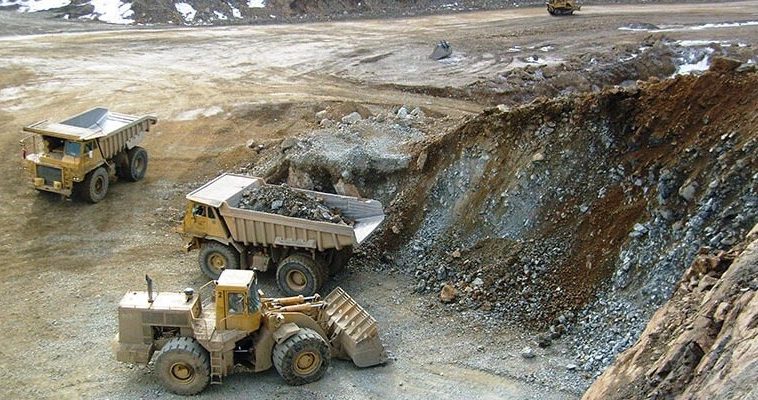Libya’s economy has long been synonymous with oil, with hydrocarbon exports historically contributing the lion’s share of the country’s revenue. However, the susceptibility of oil prices to global market dynamics poses risks to Libya’s economic stability. The recent decline in oil production further proves the urgency of diversifying the economy to insulate it from the vulnerabilities associated with a mono-commodity dependence.
A key factor shaping the nation’s unique situation is the potential for rapid double-digit economic growth through even modest improvements in security dynamics and policy frameworks. However, with the projected global decline in hydrocarbon demand, urgent policy measures are required to shift away from dependence on crude exports and address structural constraints impeding sustainable development. The World Bank projects a 1.2 percent contraction in 2022, primarily attributed to a first-quarter decline in oil production. Unemployment persists at 19.6 percent, with over 85 percent of the workforce engaged in the public and informal sectors. Inflation, driven by rising food, housing, and electricity prices, reached 4 percent in the official Consumer Price Index (CPI) by the end of 2022.
The country was plunged into instability with the ousting of Qaddafi in 2011, which led to a political vacuum as warring factions targeted domestic oil production facilities. This turmoil caused Libya’s production to plummet. Before the onset of the civil war, Libya had gained interest from different investors across the world, including European, Russian, and American oil giants. However, the business environment in Libya is very risky. Libya’s performance on the World Bank’s governance indicators has deteriorated over the past decade.
The reliance on crude exports poses challenges to budgetary reforms aimed at increasing public revenues and reducing the civil sector wage bill. While Libya maintains low external debt, domestic debt has surged to over 150% of GDP, reflecting the costs of a decade-long political and security crisis. Inflation rates, driven by dinar devaluation, exacerbate monetary challenges, limiting government intervention capabilities. The economic challenges are further compounded by underfinancing in critical sectors such as energy, finance, transportation, agriculture, tourism, and housing. Institutional challenges persist due to the aftermath of armed conflict, prolonged instability, governance failures, and a flawed democratisation process.
For decades, Libya was primarily recognised as a country flowing with oil, but with limited potential wealth beyond its oil resources. Although there is an expansive landmass, only two square miles out of every hundred are suitable for agriculture. The arable land is mainly concentrated in areas surrounding the port cities where rainfall is relatively abundant. While there is potential for contributions from fishing and tourism to the economy in the future, their impact is currently minimal. The majority of the population, totalingone and a half million, is engaged in agricultural activities.
Developing alternative sectors such as agriculture allows Libya to build a more resilient economy less susceptible to the whims of the global oil market. The nation can reduce its reliance on oil revenues and create a buffer against price fluctuations. Investment in agricultural infrastructure will involve developing and upgrading irrigation systems to provide water efficiency, investing in transportation and storage facilities to reduce post-harvest losses, and establishing modern processing facilities for value-added agricultural products.
Rural development efforts should be implemented to improve rural infrastructure, including roads and electricity supply, to connect farming communities to markets. Promoting the establishment of rural cooperatives can empower small-scale farmers and enhance collective bargaining power. Additionally, implementing digital platforms for local farmers to access market information, weather forecasts, and agricultural best practices can improve efficiency.
A diversified economy can generate employment opportunities across various sectors, thereby reducing unemployment rates. This not only addresses social challenges but also fosters the development of a skilled and versatile workforce, promoting long-term economic sustainability. Political stability is paramount for successful economic diversification, and the Libyan government must prioritise peace and stability to attract investors and create a conducive environment for economic development. Consequently, to attract investors in the face of substantial risks, Libya will need to present appealing investment terms as compensation.
Amid the numerous political and environmental challenges facing Libya, the opportunities for long-term economic revival and growth remain positively attainable. The country’s extensive hydrocarbon reserves and the potential for recovery after years of conflict, governance failures, and geopolitical obstacles underpin forecasts of robust headline growth rates, yet it is evident from the decline in oil production that there is a need for diversification. With the longest continuous coastline in the Mediterranean, Libya’s prospects for maritime wealth and tourism are vast. Achieving a sustainable political agreement, devising a shared vision for economic and social advancement, establishing a modern public financial management system, and developing a comprehensive social policy will lay the foundation for Libya’s prosperous future.


